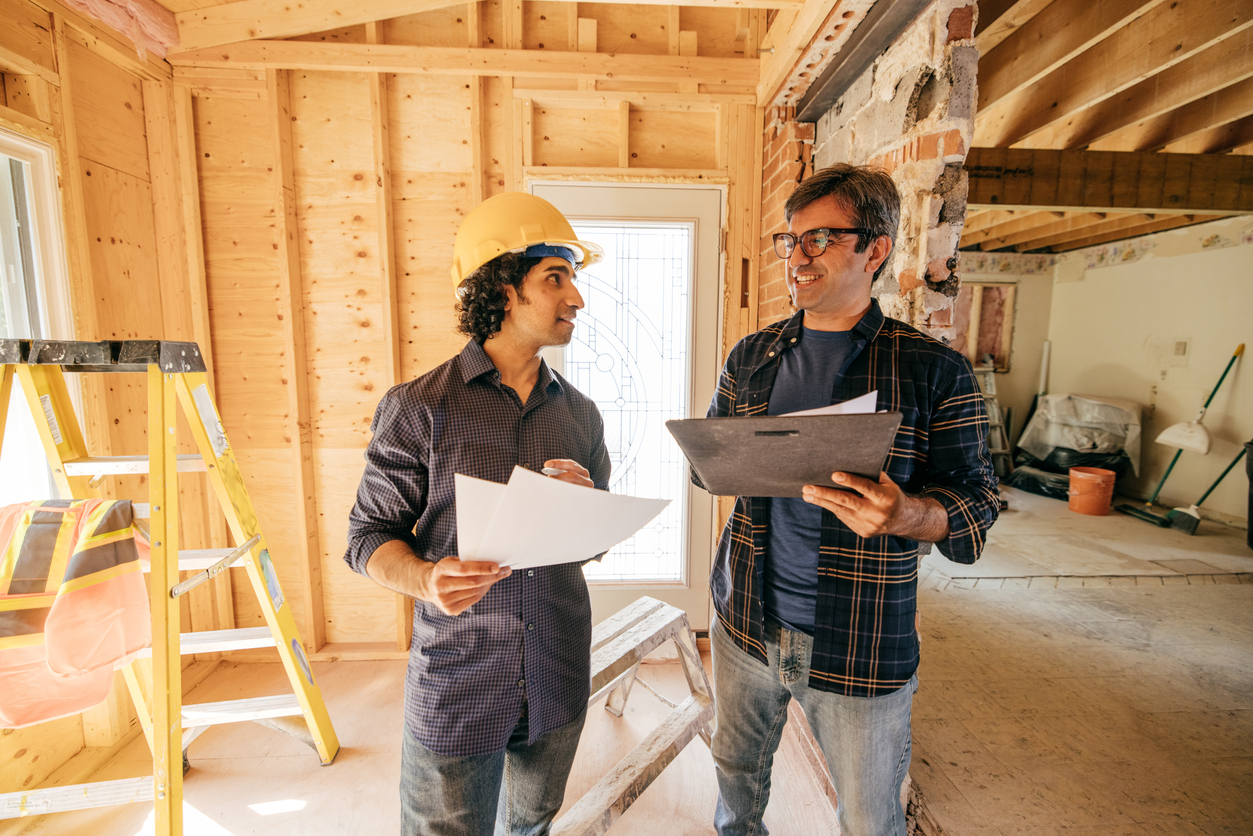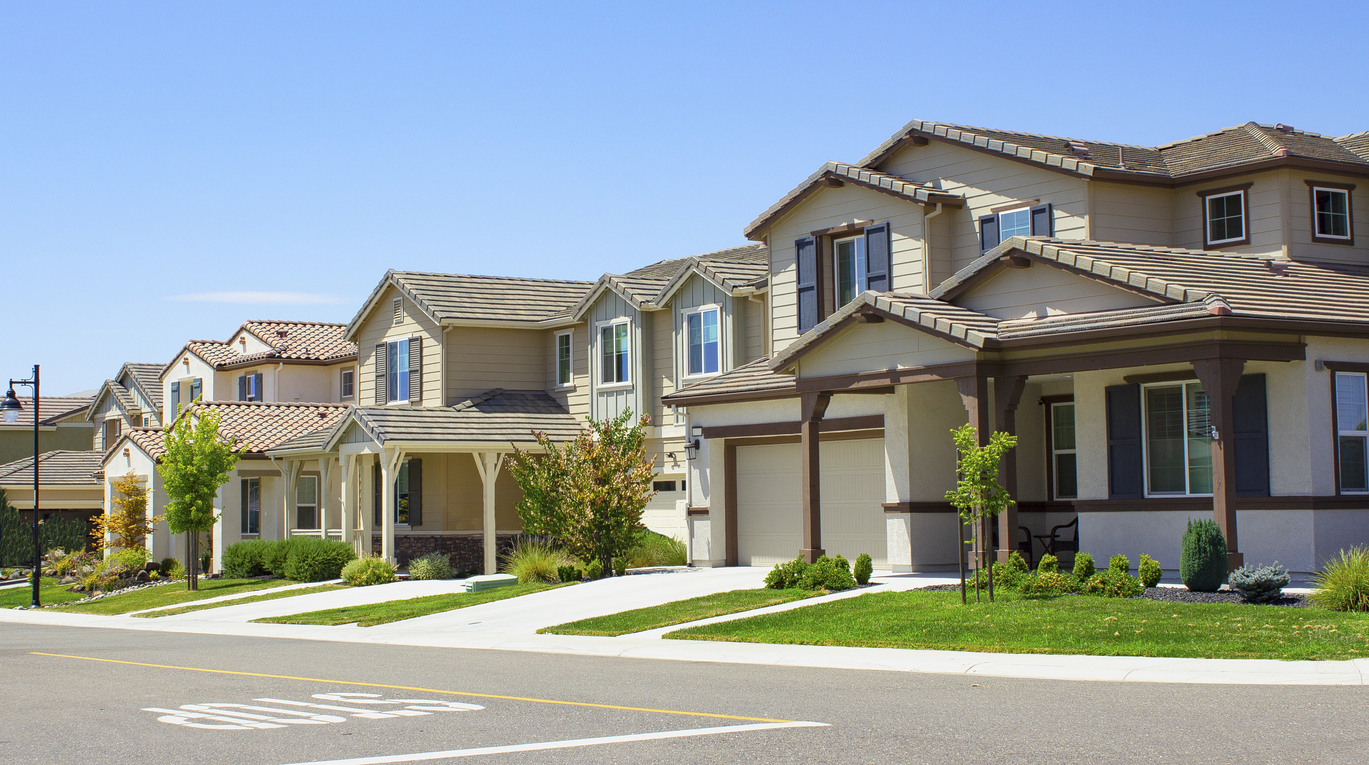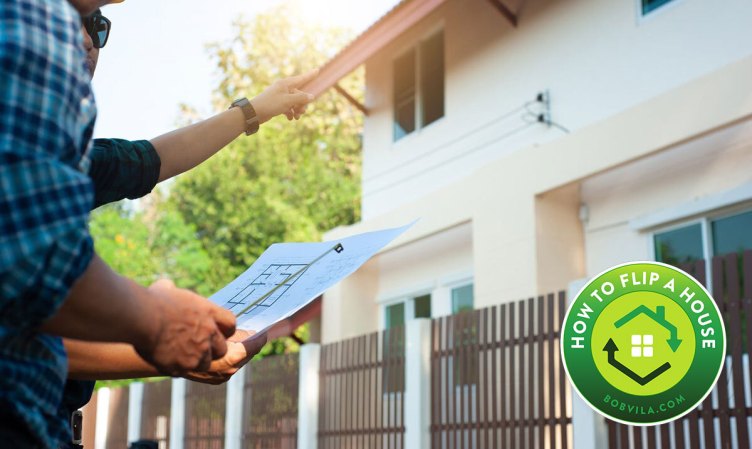We may earn revenue from the products available on this page and participate in affiliate programs. Learn More ›
Welcome to Bob Vila’s Guide to House Flipping, a series dedicated to showing you the best places for house flipping, crucial steps for selecting a property, must-do upgrades and repairs, and surprising ways to reduce your costs to get the most from your house flipping sales. Here you’ll find fresh insights mixed with Bob’s tried-and-true advice, our vetted shopping guides, and the inside track to the right professionals to get your flip to the finish line.
Flipping a house is less like what’s summarized on TV home makeover shows and more like navigating a boat on high seas. You need to know where you’re going and how you’ll get there, but along the way, you’ll also need to be aware of many different factors to help you reach your destination. If you misjudge any one of them, your project could capsize.
Here are some important things to be aware of before starting a flip house project.
RELATED: A Flipper’s Top 10 Tips for Increasing Home Value
1. Plan your exit strategy from the start.
From the moment you pull into the driveway of a potential flip for the first time, start planning your exit strategy. If the house looks beat up from the outside, the inside is probably not great.
The potential buyer’s pool will be limited if the driveway is on a steep gradient or backs into the main road. At rural properties, check that the home is serviced by public water and sewer lines, not well water and septic tanks, which can be a turn-off for many buyers.
Is the roof worn and missing shingles? If there are cracks on the exterior of the home, prepare for foundation issues and a large expense. You can tell plenty about a home from the moment you first look at it. In fact, like entering a crime scene, your first instincts are sometimes the best, so be extra vigilant.

2. Calculate your holding costs correctly.
In a rush to make money, many first-time flippers only think about purchase price versus sales price. However, not calculating your holding costs correctly can kill your profit. For example, if you borrow hard money, you’ll either make monthly payments or pay your interest off at the end of the loan. Calculate to the penny your lender’s points, origination fees, and doc prep fees. These fees enable lenders to tag extra profit onto every deal at a flipper’s expense. You should also factor in utilities, builder’s risk insurance, and taxes.
If the seller owned the property for a long time before you purchased it, the city might suddenly decide to hike up your taxes mid-flip, based on the price you paid for it. When this happens, it will not only hurt your holding costs but also affect the sales price.
RELATED: Don’t Quit Your Day Job: 10 Tips for Wannabe House Flippers

3. Anticipate the state of the market when the flipped house is completed.
As many flippers are now experiencing, the housing marking can change like the wind. Before flipping a house, educate yourself on where the market will most likely be in 6 to 12 months when the flip is finished.
If you can see the storm clouds brewing, don’t take on an expensive flip that will take a long time. Instead, focus on a cosmetic do-over that you can finish quickly. The last thing flippers want is getting left with an albatross around their neck.
4. How will you pay your contractor?
Flippers live and die by their contractors. A good contractor is worth paying well to keep around for future jobs. A cheaper contractor might offer a reasonable price for the project, but they might be juggling multiple jobs. Ultimately they’ll drag your job out over time and cost you extra expenses in holding costs.
Before making a choice, ask how your contractor wants to be paid. It could be a red flag if they want a lot of money upfront. Some contractors take the money and run. You want to hire a financially stable contractor and not one who is robbing Peter to pay Paul and jumping between one job and the next. It’s customary to give a contractor a small amount of money up front to get the job started and then have a schedule based upon certain benchmarks of completion. A reputable contractor should be able to ‘float’ the job themselves at each stage and then bill you accordingly.
Some flippers prefer to acquire the materials and have them delivered to the job site, so they then just pay their contractors for their labor. Other contractors prefer to handle everything. There is no right or wrong way. What’s important is that everything is spelled out and understood in writing before starting the project.
RELATED: Here’s How Much House Flippers Actually Make

5. What kind of renovation is right for the neighborhood?
Your neighborhood dictates the kind of renovation you will undertake. There is no point going high-end with your finishes if the nearby comps (comparable properties) won’t support the expense in an appraisal. You’ll just be throwing money out the window.
Similarly, if you’re in a high-priced neighborhood, you need to keep up with the design standards of your competition. Going cheap will hurt you when it comes to finding buyers who are willing to splash the cash.









